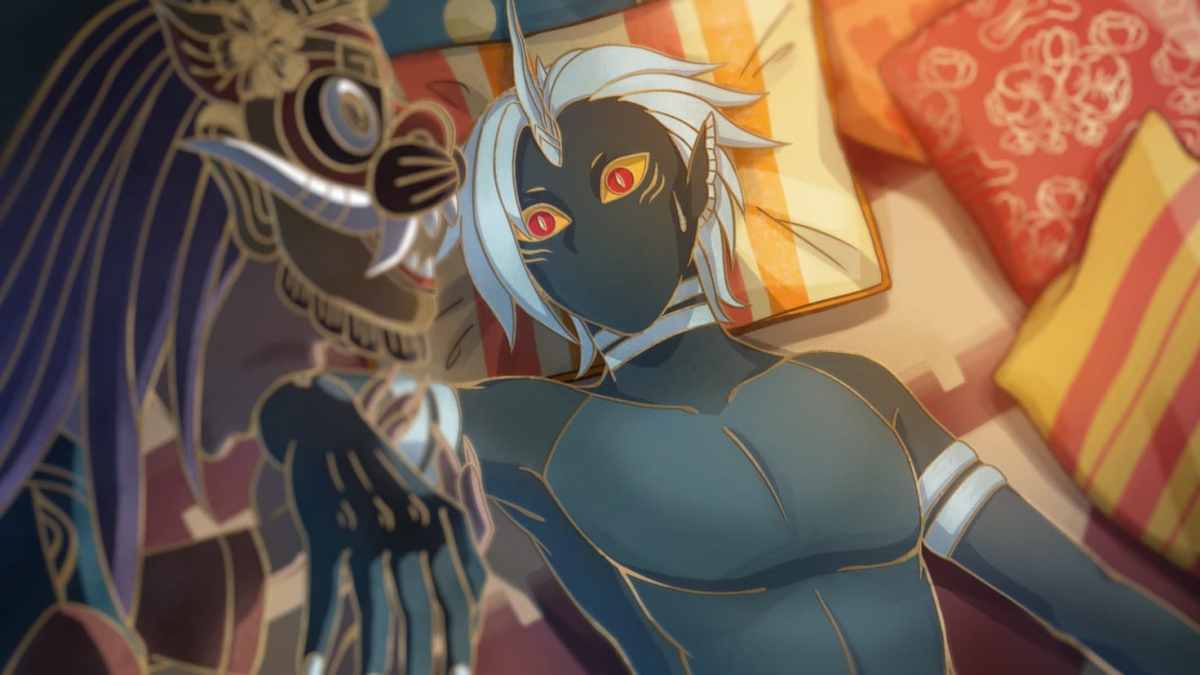In Kabaret, a dark fantasy visual novel by Malaysian studio Persona Theory Games, the protagonist, Jebat, crosses a river on a small Southeast Asian boat called a sampan with The Caretaker. It evokes images of Greek mythology’s Charon guiding lost souls to the underworld.
As Jebat peers into the river, he catches sight of his reflection – a blue, serpent-like creature staring back at him. This moment serves as a pivotal point in the game, which explores themes of depression, nihilism, and social issues through the lens of Southeast Asian myths and folklore. At its crux, Kabaret’s central message is that the darkness that lies within humanity is not human at all, but something far more monstrous.
What is the point of living? This is what the human Jebat vocalises while alone in his dark room with his nefarious thoughts and anger at the world. He goes through a tough day, facing challenges, ridicule and bereavement. He witnesses deaths that he could have prevented, and as a result, is struck down by a winged monster, eventually resurfacing as a monster himself. Brought to Kabaret, a refuge for Southeast Asian monsters to relax and be entertained, Jebat takes on the role of Tea Master and begins his new life as a mythical creature.
There is a rich tapestry of characters and themes in Kabaret that is mostly unveiled at the tea table. As Jebat serves his monster guests through tea ceremonies that act as both a mini-game and a plot device, he gains insight into their preferences and stories. However, the dialogue is not a straightforward guide to the ingredients – which range from green tea leaves to brain fluid and snakeskin. Choosing the right one can be open to a player’s interpretation.
Jebat’s transformation into a monster gives him a new lease on life, and he is determined to make the most of his second chance. But after meeting monster after monster, you get a sense that the glory days of most of these creatures of myths are behind them.
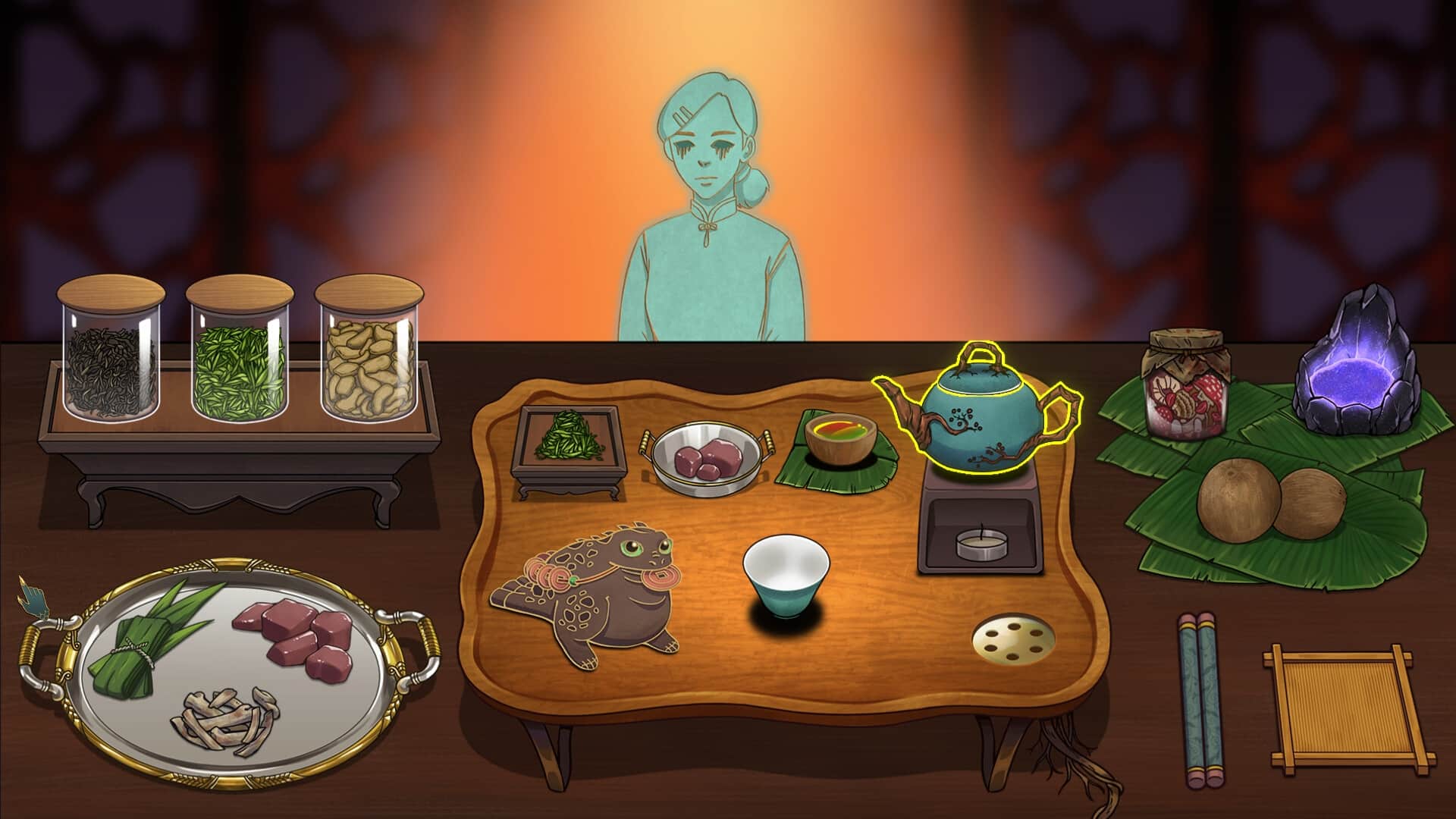
There is a lot to unpack here – even with just one creature. Tikbalang, the half-human half-horse, recalls his best years terrorising Spanish colonialists in the Philippines, while Mayang, a Malaysian sea princess, is fading due to a lack of offerings.
The saddest backstory of all belongs to Kuman Thong, a Thai stillborn foetus that was dry-roasted into an effigy, only to be abandoned once more. It dawns on you that most of these monsters were once human, and suffering is universal, whether you’re a man or a myth.
One particular exchange sees the ghosts of Malayan villagers arguing with the ghosts of Japanese soldiers that killed them during the Japanese occupation of Malaya. As someone who grew up in Malaysia, I’ve never seen my country’s past presented in such an eerily confronting way.
‘The more we delved into the history of Southeast Asia, the more we wanted to talk about the things most people don’t want to talk about – one of which is about colonisation,’ says Saqina Latif, founder of Persona Theory Games.
‘Overseas, very few people are aware of what Japan did to us. We didn’t even have to look far or into history books for these stories. All we had to do was ask our grandparents what they went through. I think it’s important for us to talk about these stories.’
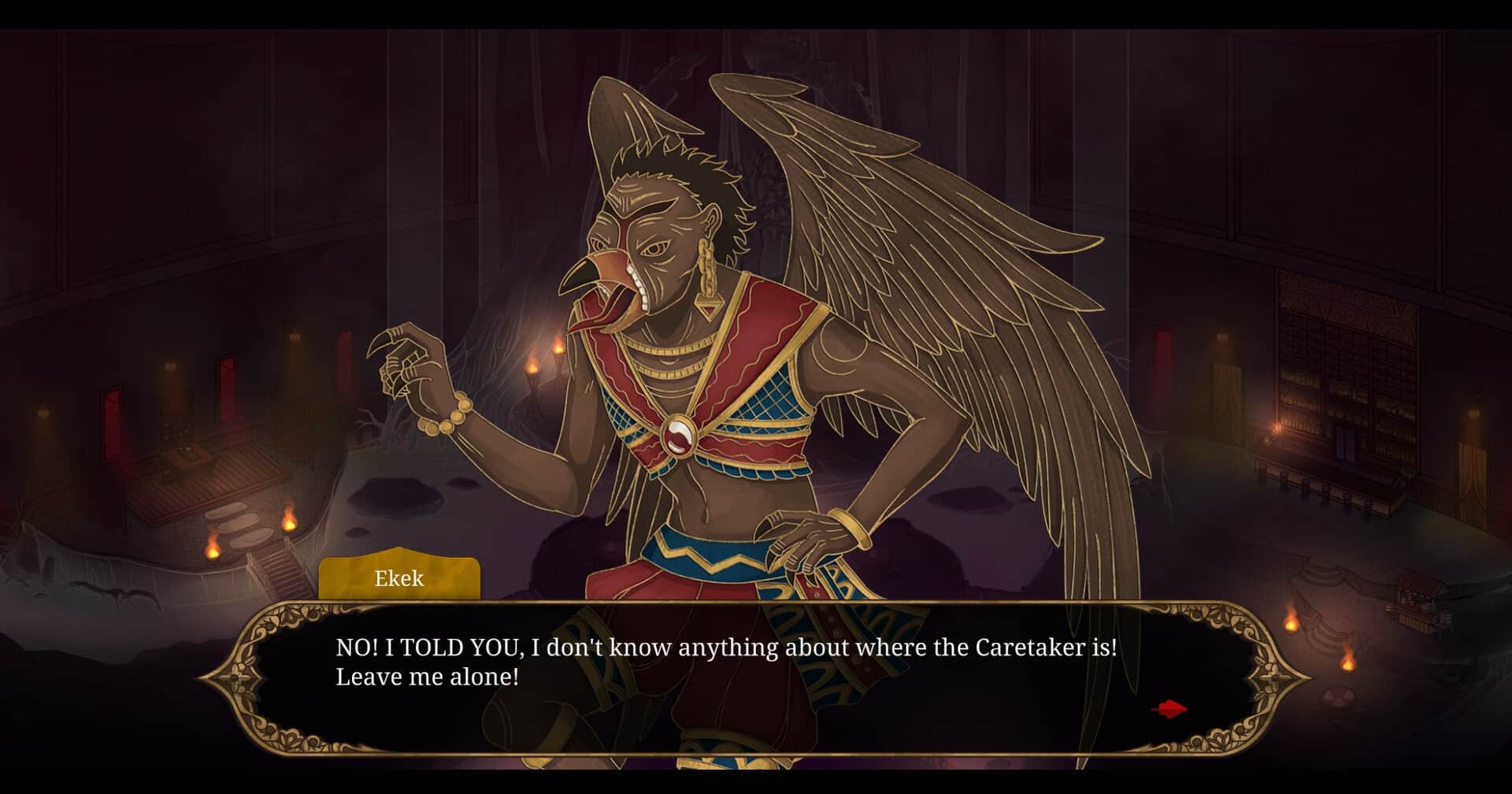
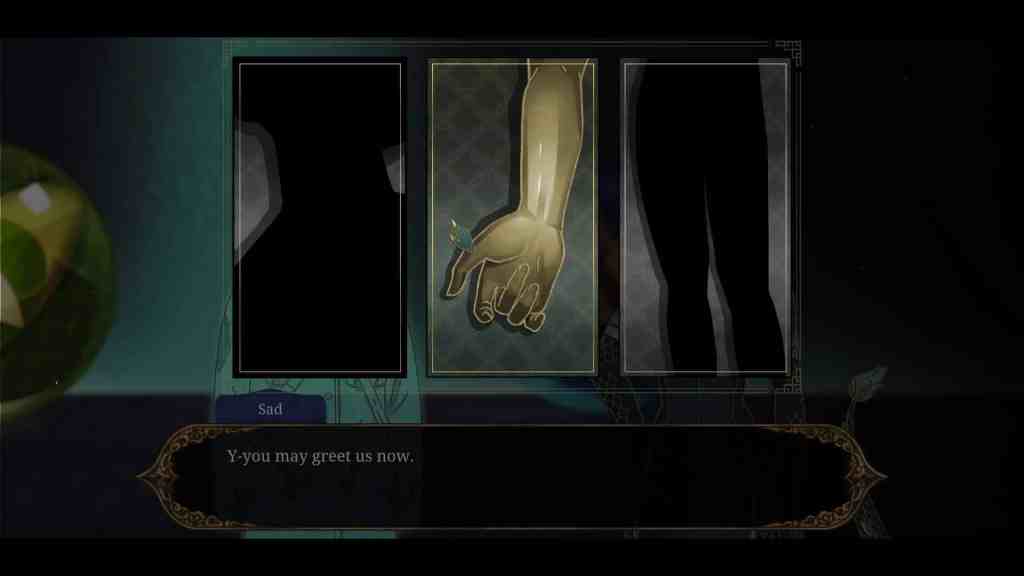
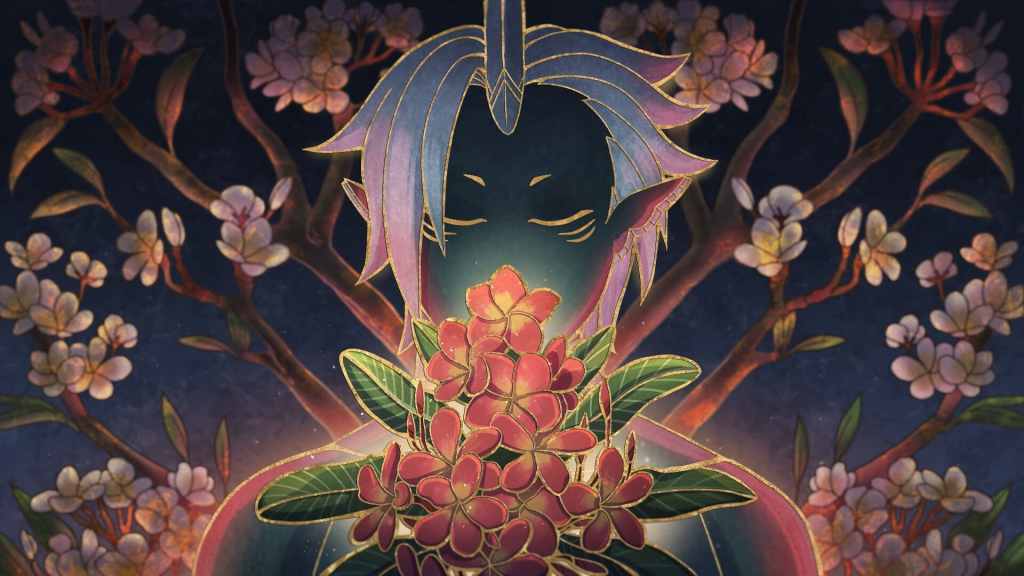
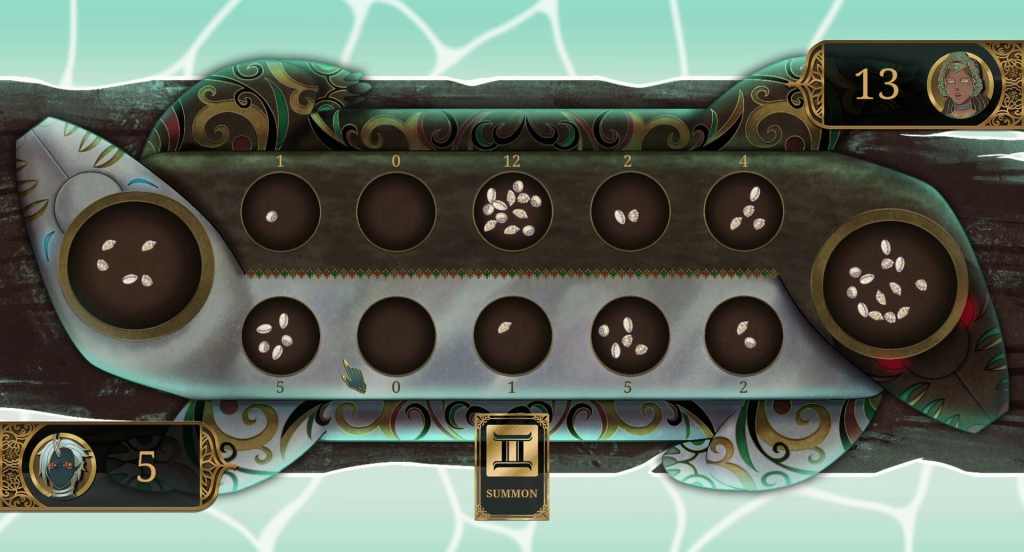
Other mini-games that appear in Kabaret include Congkak, based off of the traditional Southeast Asian game of seed collection and mathematics, and Guli, a simple but satisfying game of knocking marbles out of a ring with certain conditions like penalty marbles and barriers to challenge you.
Most enjoyable for me was playing stagehand to Ibanese snake-monster Nabau, which celebrates the incredibly powerful yet melancholic music by Indonesian band Sambasunda. Here, swift usage of several game mechanics will enable you to manage the stage lighting, smoke machine and pyrotechnics of her performance.
Kabaret wears a lot on its sleeve, given how much of the narrative is shaped by past and present Southeast Asian culture. The character designs themselves are a homage to batik, a Javanese technique of wax-resist dyeing that often applies gold-coloured lining.
Having grown up hearing the horror stories, meeting the vampiric and vengeful Pontianak in the game sent visceral fear running down my spine. Jebat too is a namesake to Hang Jebat, the closest aide to the legendary Malay warrior, Hang Tuah and one of the earliest anarchists who rebelled against the Malaccan Sultanate.
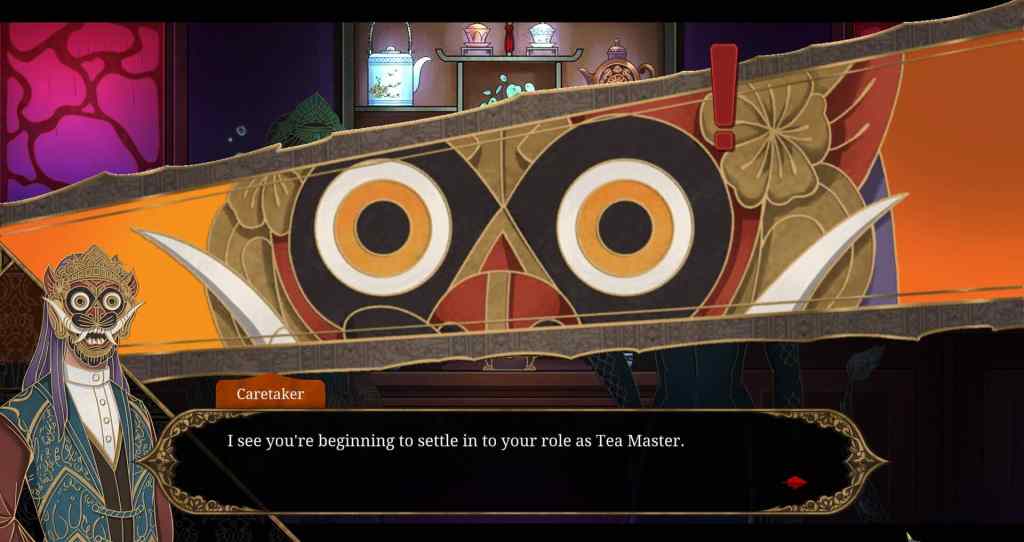
The fact that we meet the Minister, a political figure in the human world, in Kabaret, too, feels like a playful jab at the state of Malaysian political affairs. Plus her modus operandi, which seems to be to harness the power of Kabaret by feeding monsters with humans from above? We’ll let that sink in.
‘Working with an organisation called Pusaka, that works very closely with the traditional arts community here in Malaysia, really opened my eyes to the rarely seen, or should I say, the “unseen” world in my own backyard. And we’re all very aware that there [are] so many games based on other culture’s myths and folklore, be it AAA or indies, so I thought, why not tell our story through the monsters and Gods of Southeast Asia,’ Saqina says.
One should heed the warning of depictions of violence at the start of the game. There are portrayals of self-harm and submission, perverse biting and mutilation, enough to make one want to look away. There were lulls in the plot that I could feel myself skipping over because it didn’t make sense or because I wasn’t invested in the characters that the scene involved.
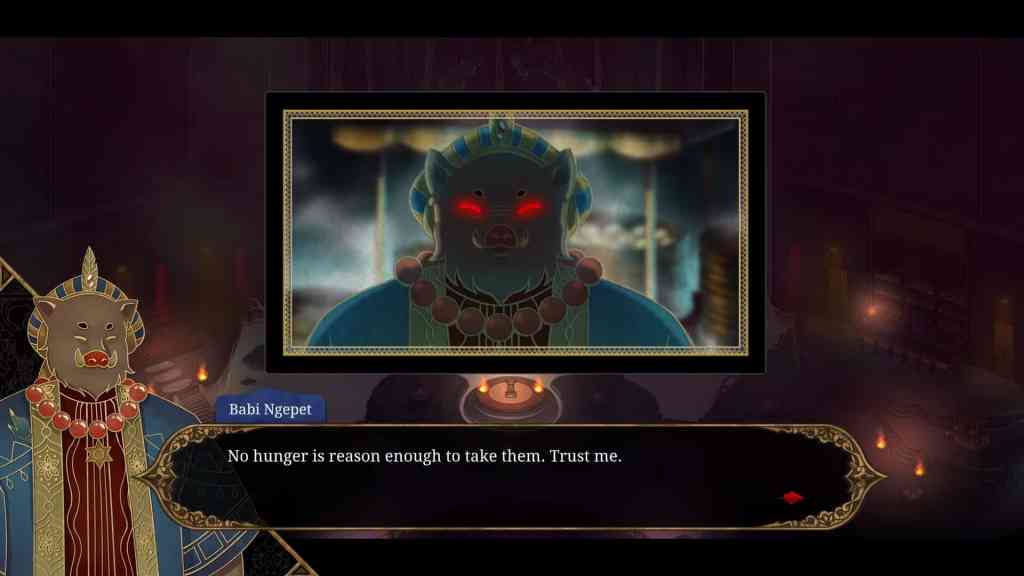
It didn’t help that I had accidentally sent away some of the characters I did like, as it seemed to be the ‘right’ thing to do. When presented with response options, they didn’t seem to clearly indicate a specific path which often led to my confusion about the outcome. It was sometimes jarring to hear monsters switching between Ye Olde speak and modern-day ‘I’ll kick your face in’ thug slang, but I guess you have your fair share of Boomers and Gen Z, even in the monster world.
Did I enjoy Kabaret? I don’t think so, but I also don’t think that was the aim of Persona Theory in developing such a dark and discomforting game. For the local Southeast Asian community, it forces us to reckon with our history, the choices of our ancestors, and the repercussion that we still feel today.
For those looking in from overseas, this is the world I grew up in, without the rose-tinted lens of ‘Truly Asia’ tourism propaganda. There is nothing out there like Kabaret right now, that both exposes the monsters within the game, as well as the monsters within us. That alone makes it a must-play.
